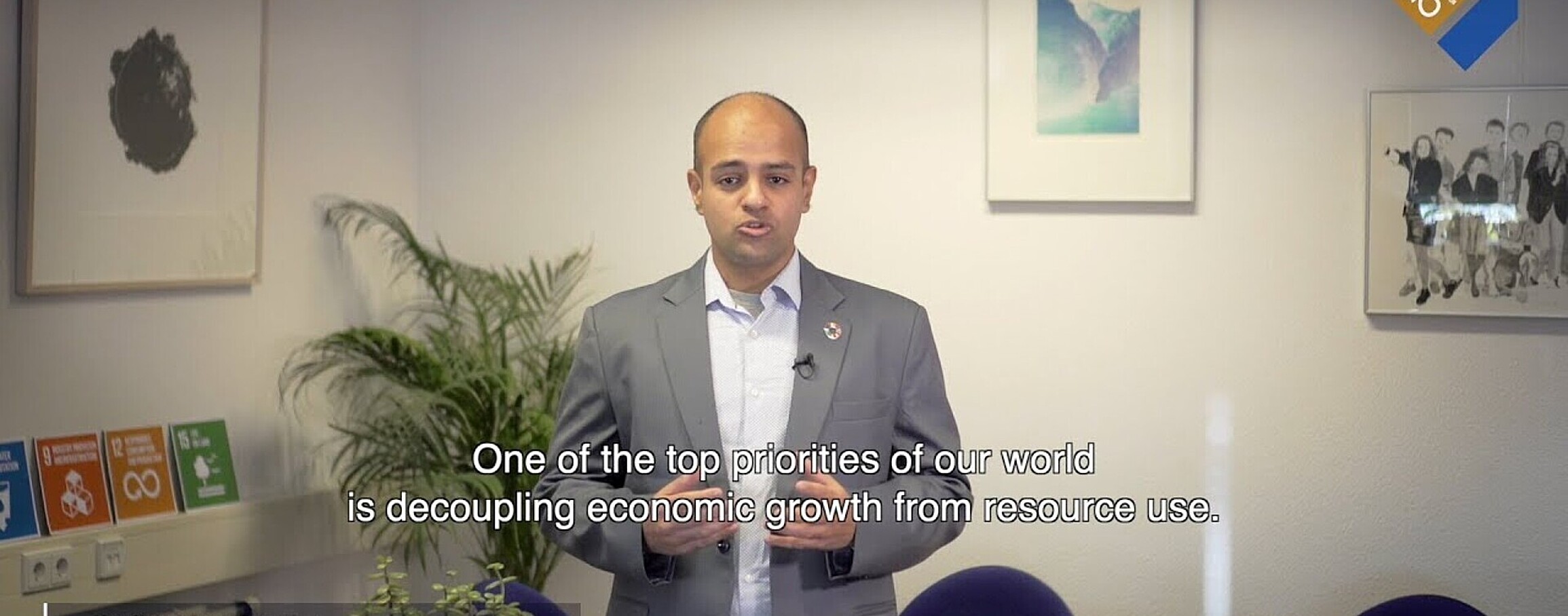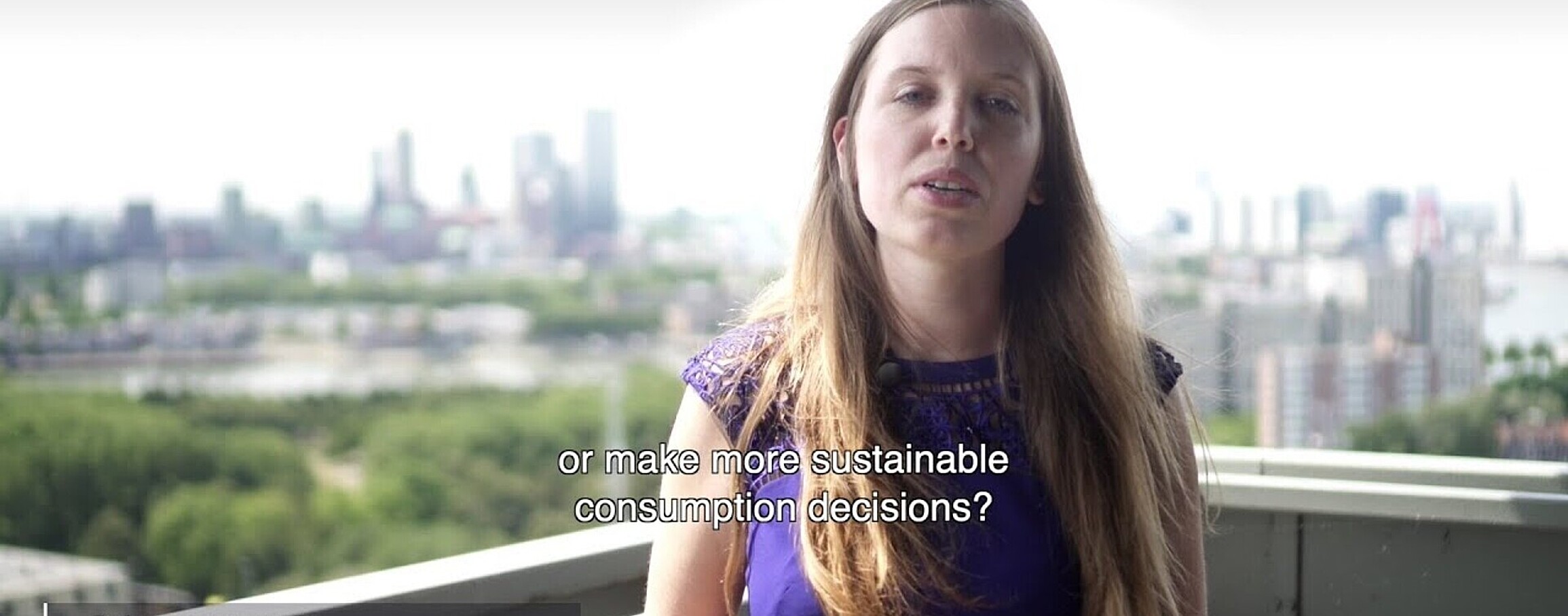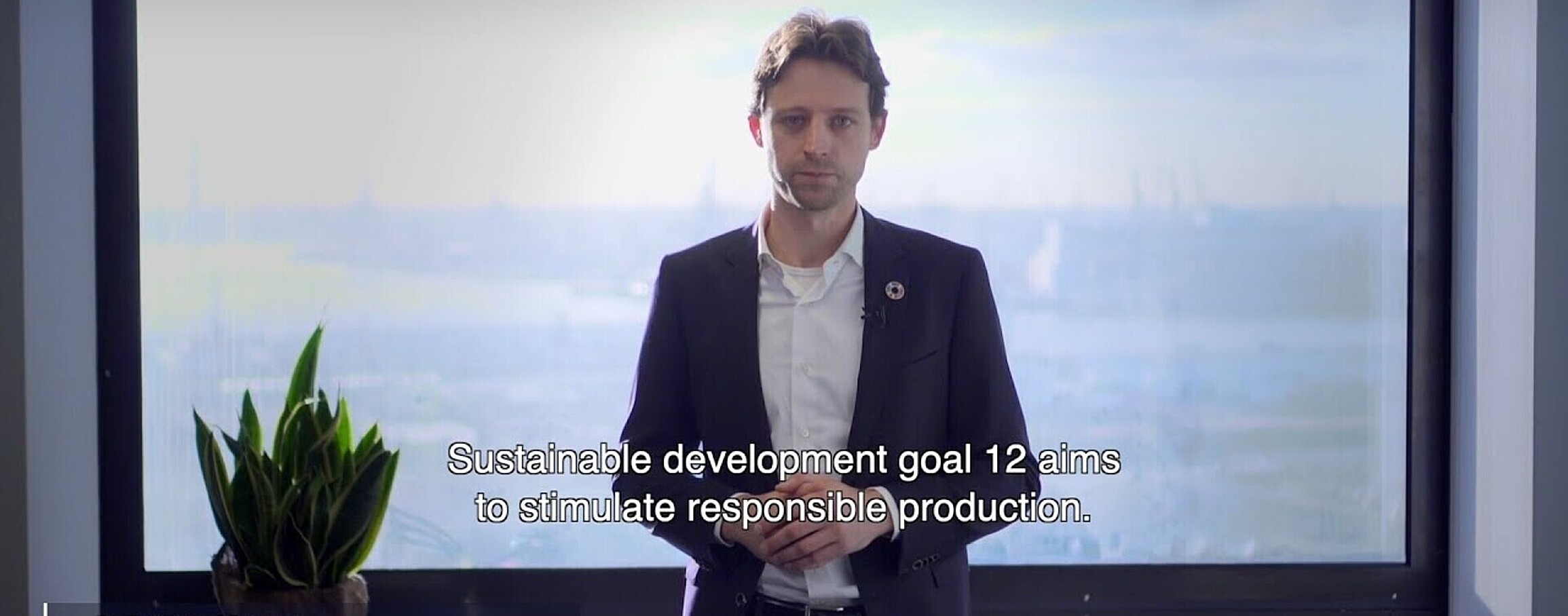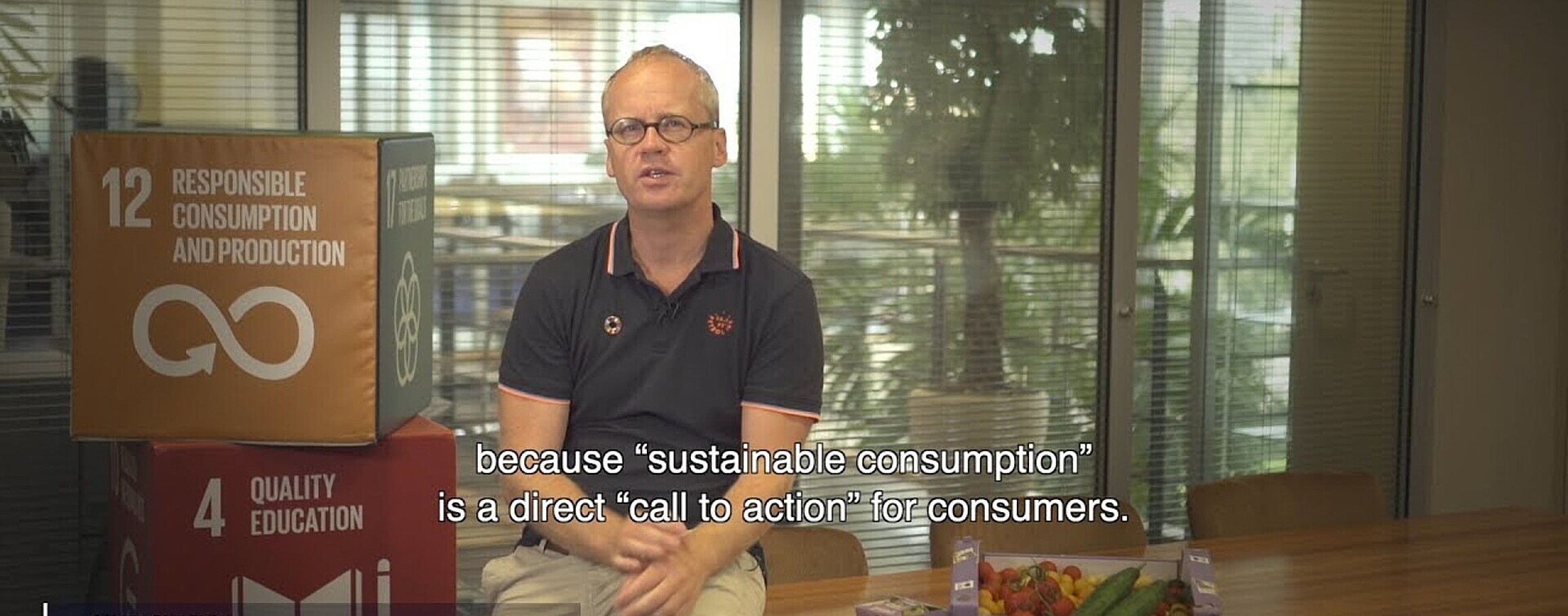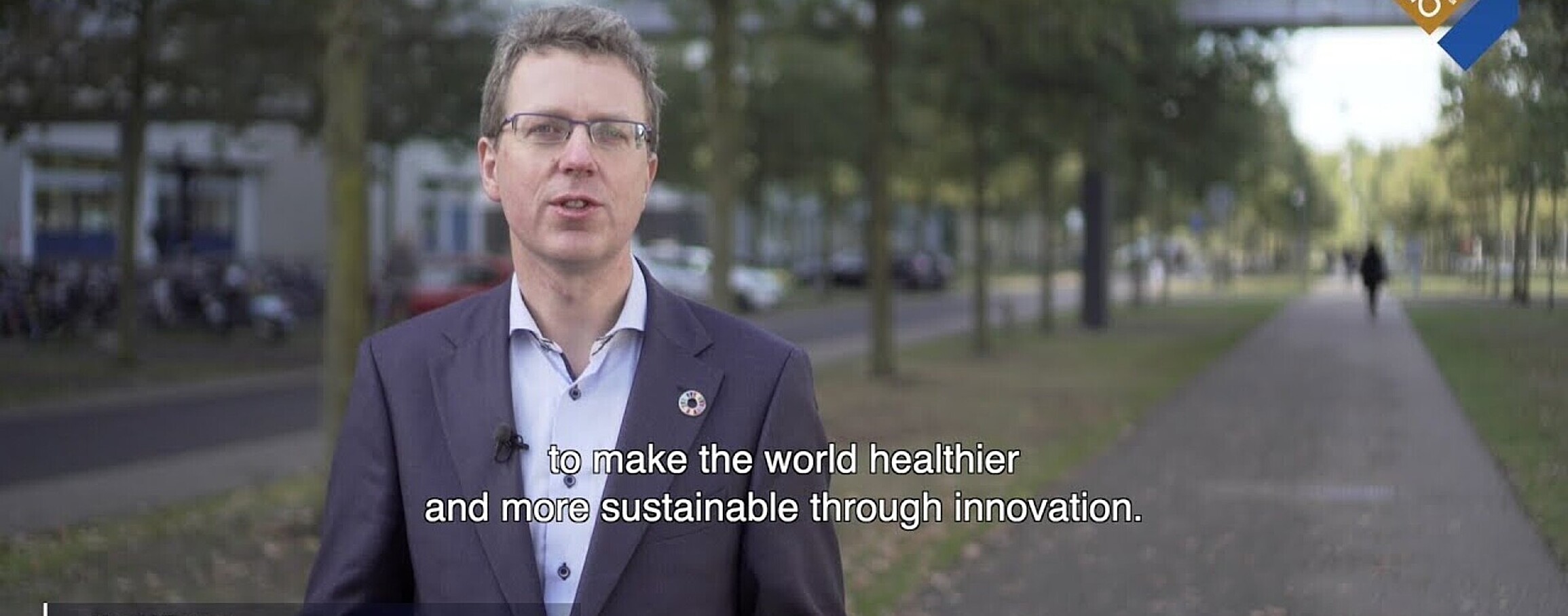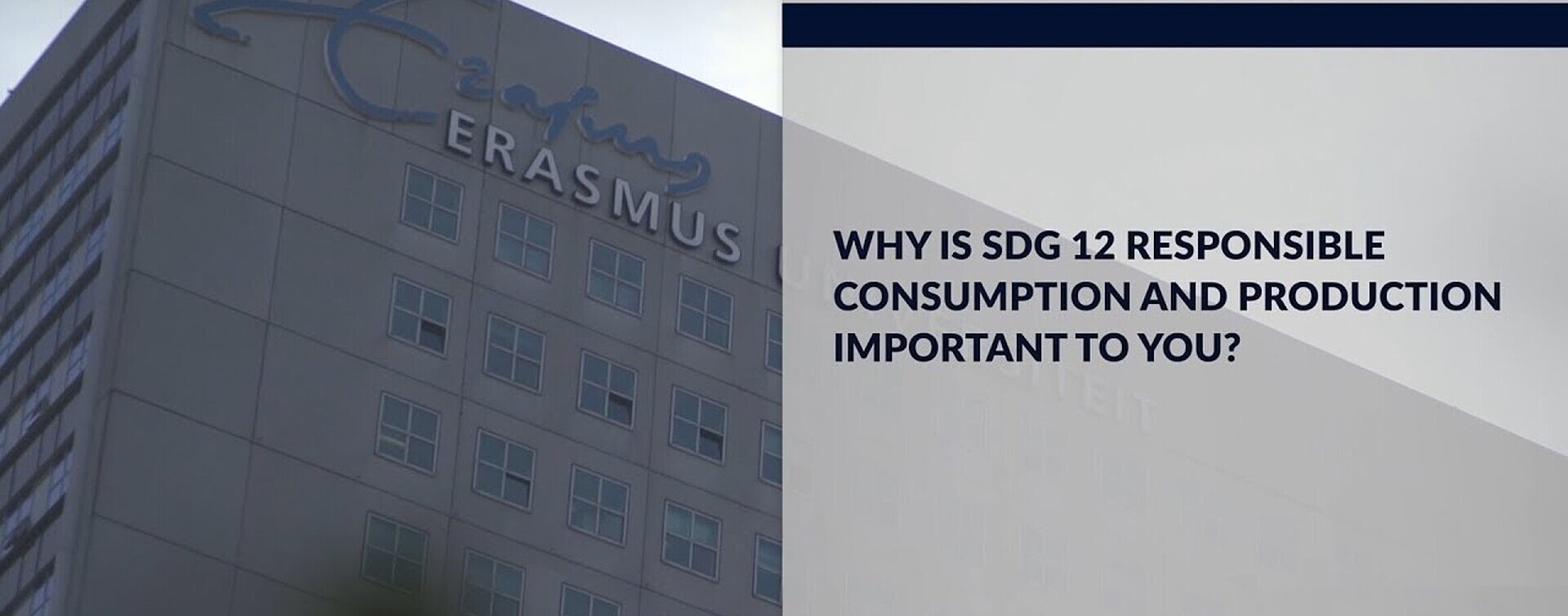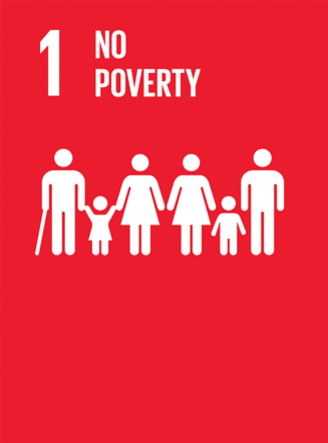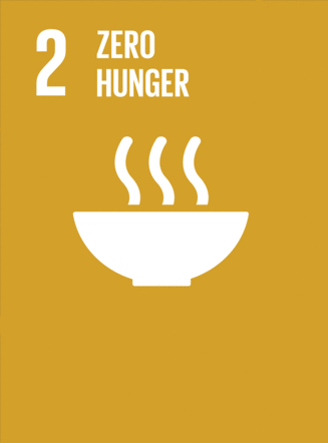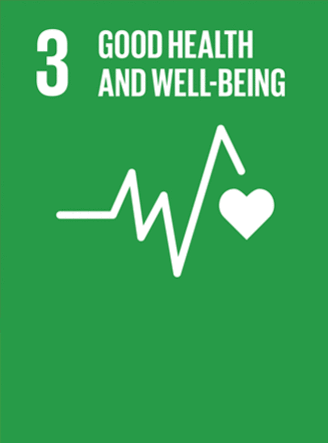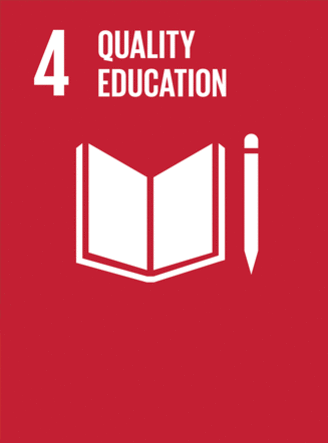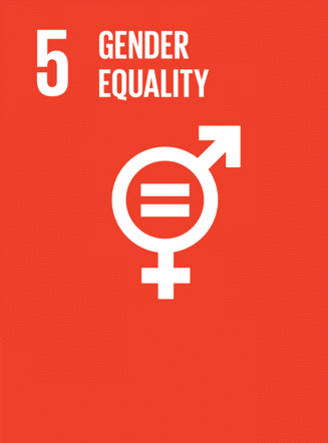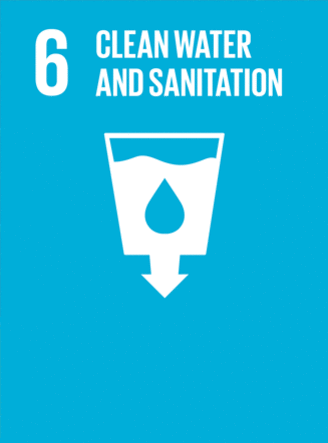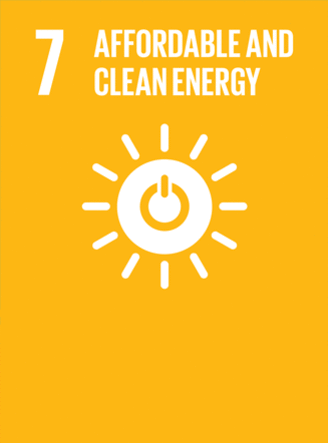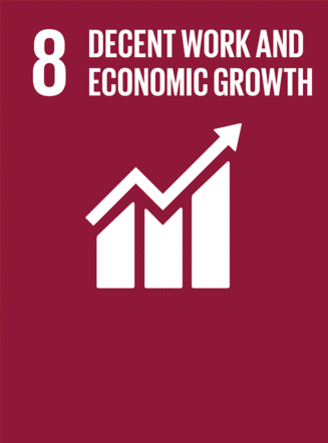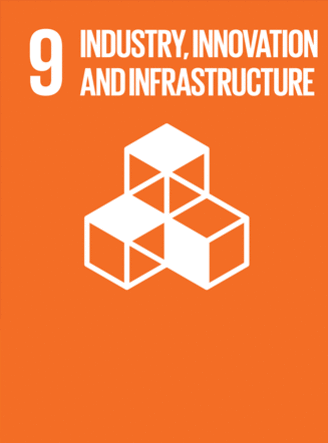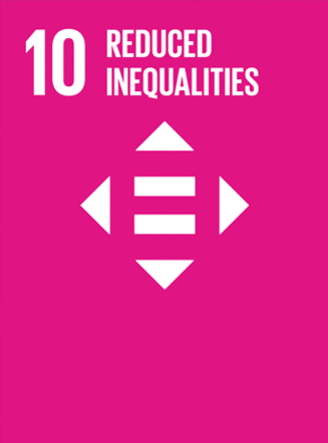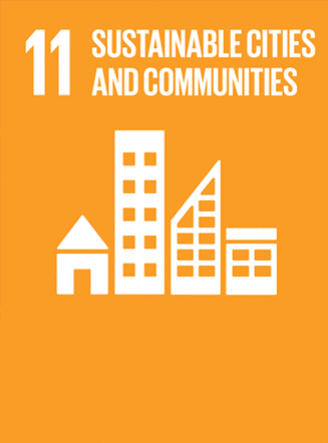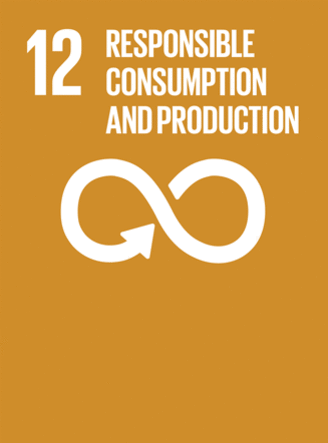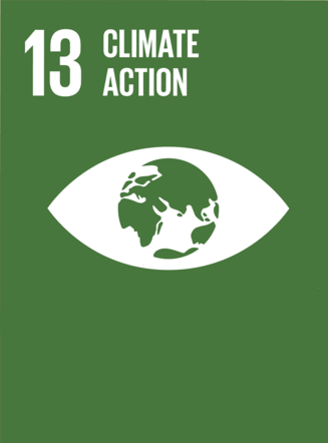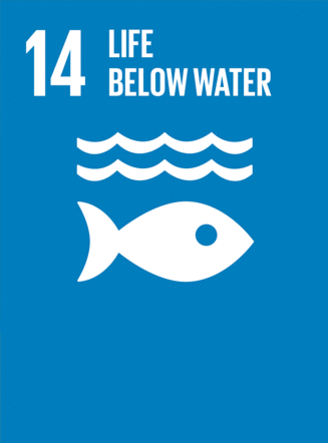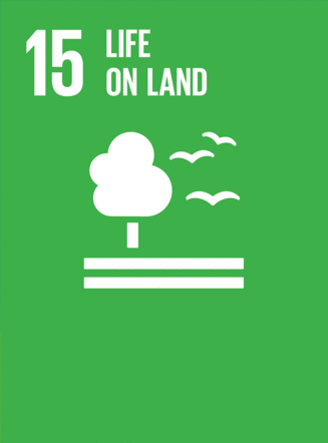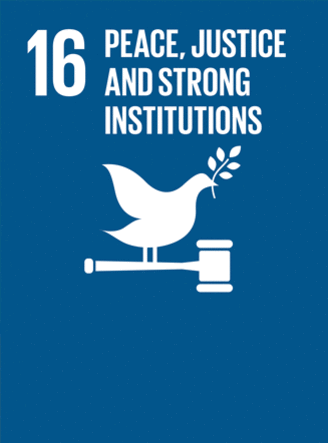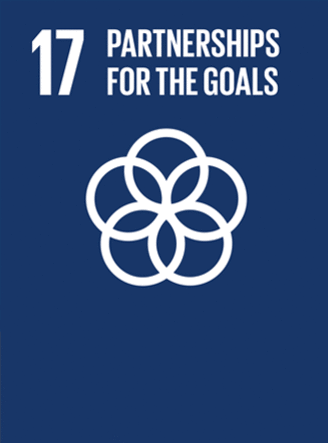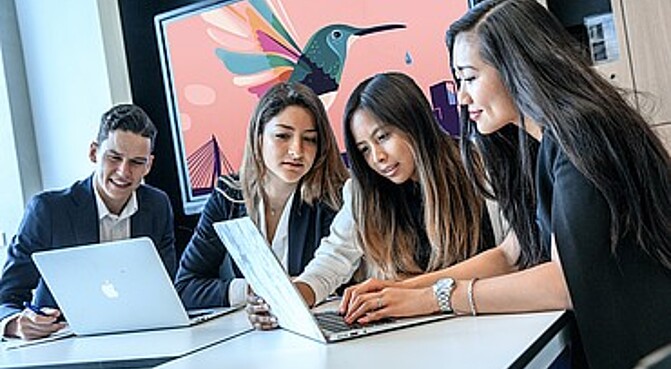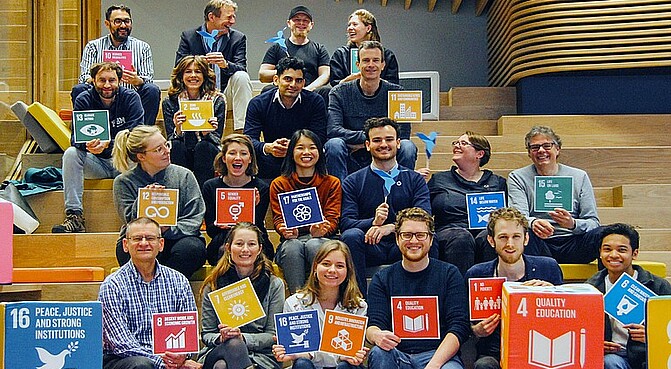In our education we are using teaching cases, assignments and videos to highlight the issues as well as the business challenges posed by the SDGs, and confront students with the complexities of working with the SDGs. Here we share these materials per SDG, showcasing material that is most directly relevant.
There are two aspects to SDG 12 Responsible consumption and production; so we have made two sets of videos.
First, we deal with responsible consumption, because the way we consume right now is unsustainable. Even when responsibly-produced alternatives already exist, many consumers are neither aware nor willing to try them. Finding ways to invite consumers to make the right choices in their daily lives is in our first set of videos.
Second, we look at responsible production, focusing on producers. What if one company’s waste was another company’s wealth – in a circular economy?
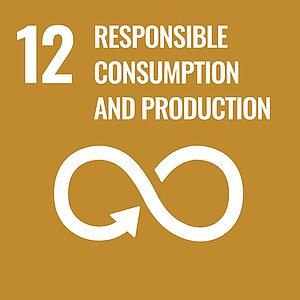
A rise in our living standards should not increase our use of natural resources.
Kartik Krishna Moorthy - MBA Student
Full-time MBA student Kartik Krishna Moorthy explains the differences between the two concepts addressed by SDG 12. He considers sustainability matters from the producers’ and the consumers’ viewpoints.
Language choice can influence consumers to make more sustainable choices. Dr Anne-Kathrin Klesse is assistant-professor in marketing at RSM, and studies consumer judgement and decision making; she explains how language has an effect on the decisions that consumers make.
Prof. Ferdinand Jaspers of RSM is Adjunct Professor of Entrepreneurship at RSM and programme director at the Erasmus Centre for Entrepreneurship. He explains how companies can be encouraged to progress towards responsible production using innovation.
Michaël Wilde is Sustainability and Communications Manager for Eosta, an international distributor of organic fresh produce. He says consumers are primarily interested in finding out about price and convenience – so how does he make sure they also get the message about sustainability?
Philips is an international technology company with its origins in the Netherlands. It uses innovation in its products to make the world healthier and more sustainable – and Harald Tepper leads the company’s programme to implement a strategy towards a circular economy.
Positive change in action
Want to start applying your knowledge? Here are easy tips related to SDG 12:
- Donate clothes and items you are not using anymore.
- Shop local. Supporting neighborhood businesses keeps people employed and helps prevent trucks from driving far distances.
- Collect friends and experiences, not just things.
Want to do more? Here are the Good Life Goals.
SDG cases focusing on SDG1
RSM has developed a case series addressing the Sustainable development goals, which contains at least one case that specifically touches upon one of the 17 SDGs.
Cases with a primary focus on SDG 12:
- Sustainable Eosta: Leading Organic Trade by Valuing People and Environment
Read more
You might also be interested in:
- Visit the Erasmus Platform for Sustainable Value Creation.
- The pursuit of interdisciplinary knowledge and methods to manage data and analytics is the focus of the recently-launched Erasmus Centre for Data Analytics at RSM.
- A blog on business approaches to palm oil production.
- A blog on why 'recycling' is not necessarily a circular economy by lecturer Diana den Held
